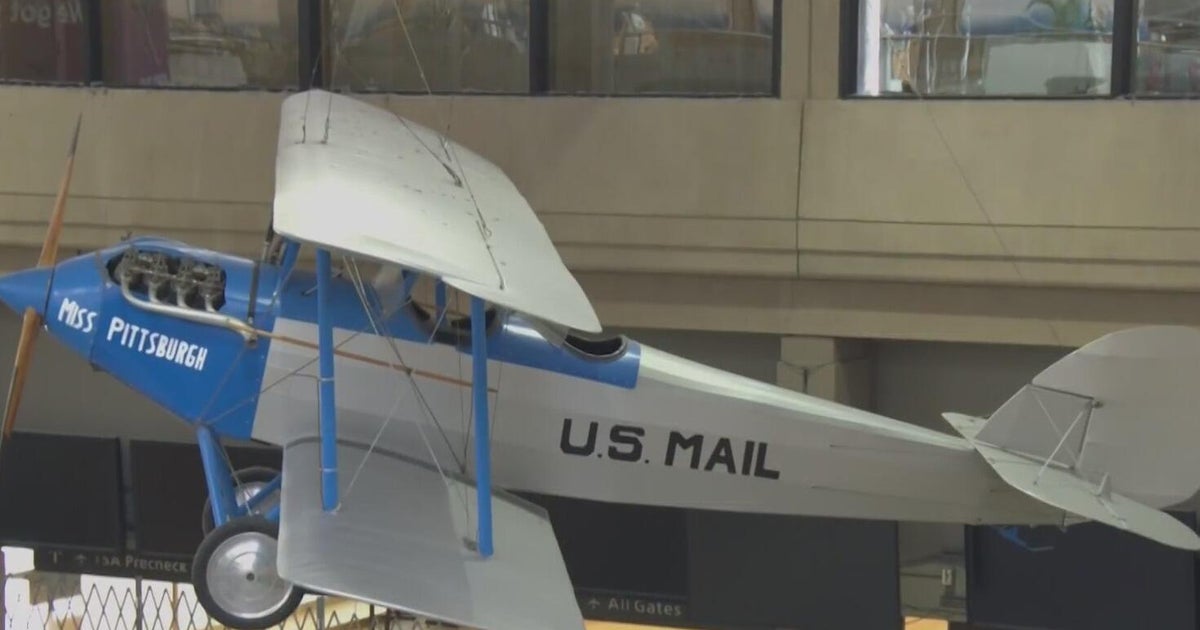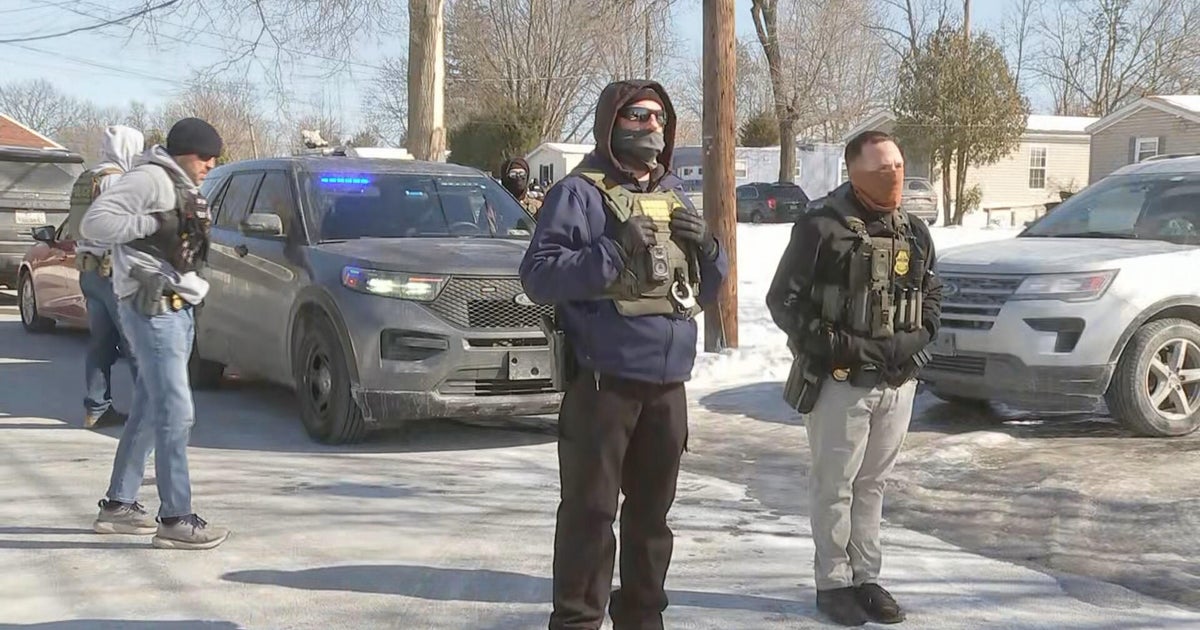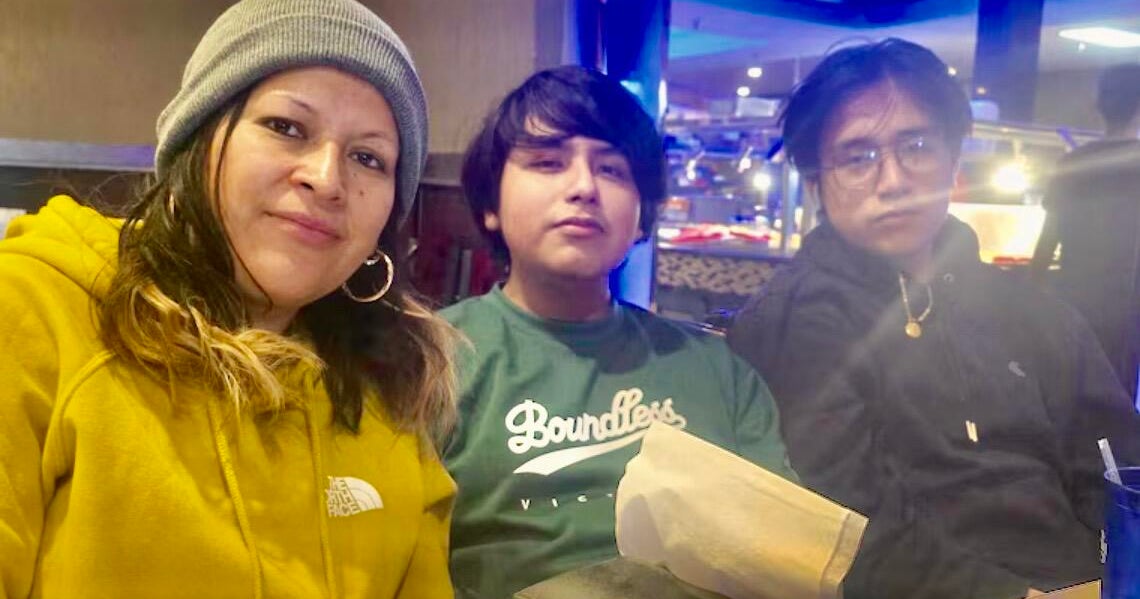18 Human Heads Found At O'Hare
UPDATED: 1/15/2013 - 5:19 p.m.
CHICAGO (CBS) -- Investigators believe a shipment of 18 human heads intercepted by customs officials at O'Hare International Airport are, in fact, legitimate medical specimens, authorities said Tuesday.
Heads Found At O'Hare
A source told Newsradio the heads had been shipped to Italy for some kind of study, and they were being shipped back through O'Hare to a crematory in Schiller Park.
There was an issue of paperwork and an issue on a tariff on the heads, valued at more than $60,000.
The Cook County Medical Examiner is taking samples of some of the heads - and is photographing and X-raying them before they are turned over to the crematory.
The heads were discovered Monday by U.S. Customs officials, said Brian Bell, a Chicago-based spokesman for the Department of Homeland Security.
"There's no issue with the transportation of body parts for medical purposes," Bell said. "There's nothing against the law that says you cannot ship them, provided you have the right documentation."
Bell said such shipments are not without precedent.
"Everybody here is 'Oh my gosh, you got a box of heads' and everybody thinks that it's unheard of," Bell said. "It is a potentially legitimate medical shipment. We've seen it at various ports in the nation."
Paul Dudek, executive vice president of the Anatomical Gift Association, told CBS 2's Suzanne Le Mignot that human heads are vital for medical research.
"For any number of different reasons. One, for training, to train the medical students on structure, function," he said.
The Anatomical Gift Association supplies cadavers to medical schools for teaching and research purposes. Dudek said they receive, on average, 550 cadavers a year.
"And I hope that increases over time," he said.
The teeth would be critical for dental students; the eyes for ophthalmology students, and the facial structure for plastic surgeons and orthopedic surgeons.
Orthopedic surgeons could study with a human head to help learn how to reconstruct a broken or shattered jaw for a traffic accident victim.
Dudek said the head is also useful for research on the brain "for Alzheimers, neurological disorders of any number of different types, and the function of the brain."
The specimens, which are still covered in skin, were sent to the Cook County Medical Examiner's office for inspection.
A spokeswoman for the Cook County Medical Examiner's Office, Mary Paleologos, said the heads were properly preserved, wrapped and tagged as human specimens and there is no suggestion of foul play.
Paleologos says the specimens were frozen in sealed containers and were sent from a legitimate facility in Rome about a week before Christmas.







